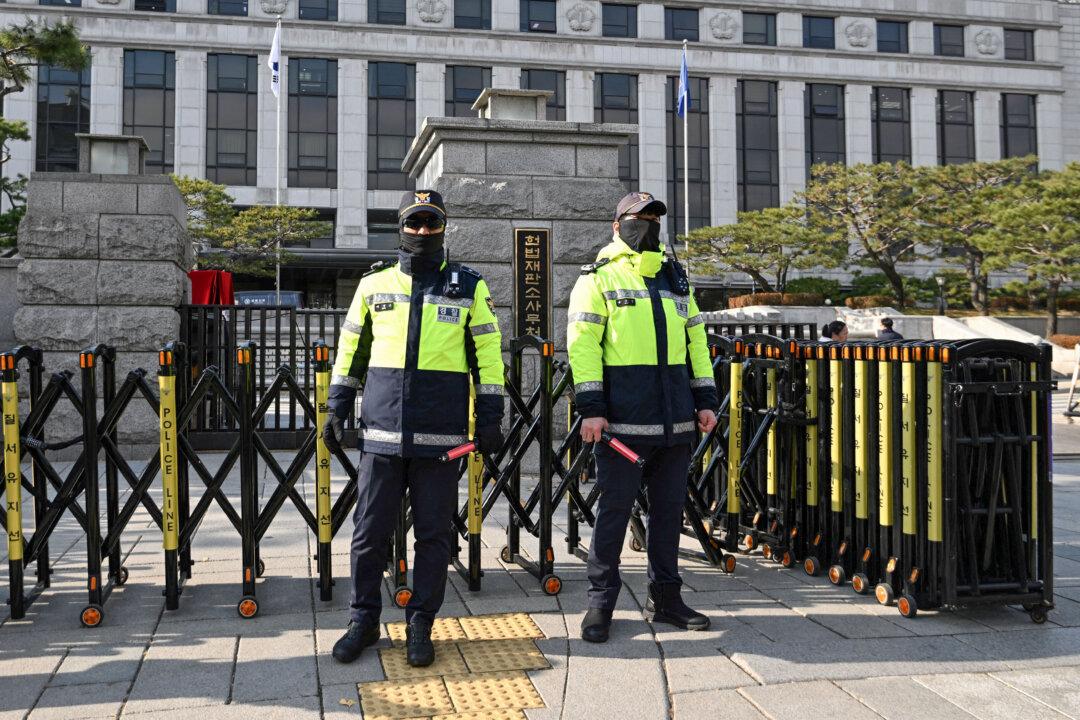The United States has indicted a North Korean banker for his alleged role in cryptocurrency laundering conspiracies designed to buy goods and generate revenue for the North Korean regime.
Sim Hyon Sop, a representative of the North Korean Foreign Trade Bank (FTB), was accused of conspiring with over-the-counter crypto traders to launder funds stolen from “virtual currency exchange hacks.”
Sim, 39, was also charged with conspiring with North Korean IT workers who obtained illegal employment at U.S. blockchain development companies to generate revenue for North Korea, according to the DOJ.
The IT workers allegedly used fake identities to secure remote jobs at U.S.-based companies and requested payment in cryptocurrencies—in stablecoins like USD Tether and USD Coin—and sent their earnings back to North Korea with Sim’s assistance.
The DOJ stated that North Koreans apply for jobs in remote IT work without revealing their nationality. They bypass security and due diligence checks using false identification and other obfuscation strategies, such as virtual private networks, to hide their real location.
“The charges announced today respond to innovative attempts by North Korean operatives to evade sanctions by exploiting the technological features of virtual assets to facilitate payments and profits, and targeting virtual currency companies for theft,” said Kenneth A. Polite, assistant attorney general in the DOJ’s Criminal Division.
Wu Huihui, a Chinese national and alleged co-conspirator in the money laundering scheme, was also charged with running an unlicensed money-transmitting business. The DOJ stated that Wu conducted over 1,500 trades for American customers without a license.
“Today’s indictments reveal North Korea’s continued use of various means to circumvent U.S. sanctions,” U.S. Attorney for the District of Columbia, Matthew M. Graves, said in a statement.
US Sanctions 3 Individuals Linked to Lazarus
In a separate statement, the U.S. Treasury Department said it sanctioned Sim, Wu, and Cheng Hung Man, a Hong Kong-based trader, for allegedly providing support to North Korean hacking group Lazarus.“The DPRK’s use of illicit facilitation networks to access the international financial system and generate revenue using virtual currency for the regime’s unlawful weapons of mass destruction (WMD) and ballistic missile programs directly threatens international security,” said Brian E. Nelson, under secretary of the Treasury for terrorism and financial intelligence, referring to North Korea’s official name, the Democratic People’s Republic of Korea.

According to the Treasury, North Korea has been generating funds for its illicit ballistic missile and weapons of mass destruction programs through virtual currency thefts and fraud schemes since 2017, having stolen an estimated $1.7 billion worth of virtual currency last year.
The United States has persisted in engaging in “direct talks” with North Korea without preconditions in favor of a diplomatic solution, but North Korea has rebuffed these efforts.





